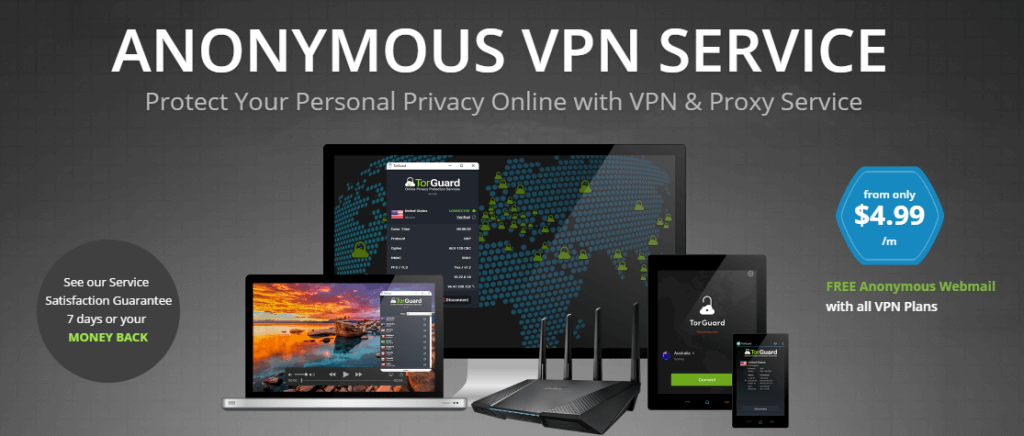Net neutrality is the principle of treating all data on the internet equally. It exists with the purpose of preventing ISPs and governments from controlling or regulating the speed of transmission of determined content in order to benefit others from it. Essentially, what net neutrality mainly tries to prevent is bandwidth throttling.
Bandwidth throttling can happen for a number of reasons. For instance, an ISP might choke your bandwidth to certain websites or services to discourage you from accessing it and, this way, make competitor services look more appealing. It is also the way to create what is considered as a “fast lane” which puts a speed limit on everything except certain websites, apps and services who have been smart enough to hire such a service from ISPs.
To be fair, bandwidth throttling could also be used to discourage the user from accessing content that’s been deemed inappropriate or offensive or as a penalty for exceeding a monthly data cap and preventing an overload in the service. But the truth that most of its usages are dishonest practices that attempt against the universality of the internet but are unfortunately permitted in many countries.
Particularly in the US, net neutrality has been generating a lot of controversies thanks to the fact that the new administration is reversing laws from 2015 that aimed to defend net neutrality in the country. Most internet connections have to go through US servers at some point, so this is bad news for people than just the citizens of the US.
Virtual Private Networks
Fortunately, there are ways you can avoid bandwidth throttling without much effort, or at least bypass the more unfair iterations of its existence. Virtual Private Networks or VPNs are the perfect tools for that end. If you’ve never heard of them before, they are large arrangements of servers distributed in several locations with the goal of protecting your internet traffic and strengthening your online privacy with it.
VPNs work this way: after you’ve subscribed to the service and installed their app, you connect to one of their servers. At that point, all your internet traffic will be encrypted until you finish your connection. This prevents ISPs and eavesdroppers from snooping in your traffic, making them unable to determine what you’re sharing or receiving.
On top of this, every attempt of connecting to a website or accessing a service of any kind will first be directed to the VPN node you’re connected to. It’s the VPN server that will actually send or receive any requests from the websites and services you want to use. This has two results: first, your ISP won’t be able to see your connections to any websites, it can only track your connection until it reaches the VPN server. From there on, they’re blind. Secondly, the same thing will happen in the opposite sense. Websites, apps and services won’t be able to track your traffic back to you, they will only see the data that the VPN server provides them, meaning your identity will remain protected.
If you’re connecting from a server located in a location far from yours, this also enables you to bypass geo-restrictions imposed by certain services, but this is an extra.
Bypassing Bandwidth Throttling
You may have an idea of how this works. VPNs let you bypass bandwidth throttling thanks to their capacity to hide the websites you visit from your ISP. If they can’t see where you’re connecting, they can’t determine if your connection should be slowed down or not. However, there are some considerations you should make.
You will only be able to bypass the bandwidth throttle that is triggered by visiting certain addresses or using certain services and apps, this includes fast lanes and connections to websites that are choked because of the kind of content they show. If the throttling is a response to a data cap the only thing you can do is either change your subscription plan or your ISP, because the processes involved in the use of a VPN can’t really change the amount of data you will be consuming.
The other thing you have to know is that if you do not choose the right VPN provider, then you might find that your connection will be slowed down significantly even if your ISP is not throttling your bandwidth. This happens because when you’re connected to a VPN, your internet traffic has to travel long distances to reach its destination and sometimes the nodes of the network don’t provide the speed required to maintain an enjoyable connection.
Choosing any VPN provider to get the throttling problem out of the way might end up being counterproductive. For this reason, we encourage you to adopt a reliable provider that focuses on delivering the best service they can in terms of privacy but also in terms of speed, like TorGuard does.
TorGuard
If you’re looking to subscribe to the best VPN service you can, then you have to take many factors into consideration. A good VPN will always put your privacy as their top priority, but an excellent one will do that and a lot more.
TorGuard has one of the fastest speeds available in the market of VPN services, that’s strengthened thanks to their fast VPN protocols and their lack of bandwidth limitations. Their service also lets you connect to over 300 servers in more than 55 countries. This gives you the freedom to bypass almost every geo-restriction you might ever find.
Another one of their key features is that they alloy P2P connections, which are the ones used to share torrents. What’s more, they even have a series of servers that are optimized for that kind of usage, ensuring you get the fastest uploads and downloads while torrenting.
On the privacy side, they feature OpenVPN encryption, which is the strongest protocol in existence. They are also a logless VPN, meaning they do not keep logs of their users’ navigation, which is particularly important if law enforcement or any other kind of agencies try to retrieve anything from their servers that could help them keep imposing a throttle on you or take advantage of said information for advertising purposes.
It is fair if want to look for other VPN services to have a reference, but we assure you that TorGuard is pretty much as good as it gets when it comes to VPN providers.
Why You Should Care About Your Privacy
Virtual Private Networks are pretty much the best tool available to get a good amount of protection while online. In the recent years, the demand for VPN services has increased a lot, partly because of the legislative reforms that have taken place in first-world countries that allow surveillance agencies and other institutions to sniff on internet users’ activity without many obstacles. All these reforms have made it clear that common users are not safe navigating unprotected in the immensity of the web.
In case you don’t know it, your privacy is very valuable. So valuable that companies spend millions each year in tracking software and other kinds of invasive tools just to access your private information and be able to provide you with ads. Imagine what hackers could do with your banking information if they got their hands on the data kept by your ISP, which surely contains it. For this reason, it has never been more important than ever to make sure you’re protected when you surf the internet.
Whether you decide to use it or not is entirely up to you, but a VPN can be the difference between being part of a catastrophe like the Equifax leak this year or not. Besides, adopting these services doesn’t represent any significant sacrifice, so it is only wise to at least give them a try.


